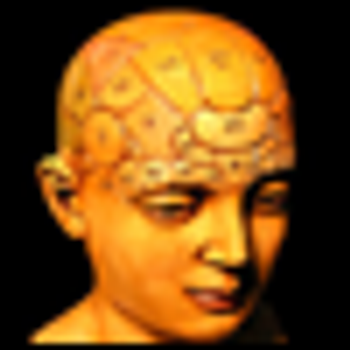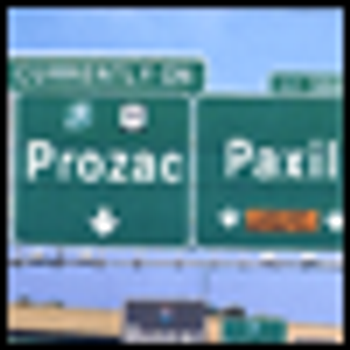To Americans over 30, YouTube, Facebook, MySpace and Twitter are buzzwords that lack much meaning. But to those born between 1982 and 2001-often referred to as “millennials” or “Generation Y”-they are a part of everyday life. For the uninitiated, these Web sites are used for social networking and communication. They are also places where individuals can post pictures and news about themselves and express their opinions on everything from music to movies to politics. Some sites, such as YouTube, allow individuals to post videos of themselves, often creating enough “buzz” to drive hundreds and even thousands of viewers; in some instances, these videos create instant media stars-such as the Obama imitator, Iman Crosson.



